There’s much to admire about The Northman, an ambitious, auteur-driven action movie based on the Scandinavian legend that also inspired William Shakespeare’s Hamlet. It’s got a plethora of hair-raising action sequences. It’s got exactly one great monologue. It’s got some intriguing light and camera work. It’s got blood and guts and Willem Dafoe as a court-jester-cum-Norse-shaman-cum-shrunken-head. Watching it, you will be entertained. Your attention will be held; your thirst for onscreen violence will be sated. In the parlance of the internet, it “rips;” it “goes hard.” In the words of novelist Muriel Spark, “For those who like that sort of thing, that is the sort of thing they like.”
The strokes of the story are broad and familiar: as a child, Prince Amleth (Alexander Skarsgård) sees his uncle Fjolnir (Claes Bang) murder his father, King Aurvandill (Ethan Hawke), and carry off his mother, Queen Gudrun (Nicole Kidman). Decades later, Amleth is plodding along as a Viking berserker pillaging Slavic villages until a seeress (Björk, delightfully) reminds him of his fated vow: to kill Fjolnir and avenge his father. He immediately disguises himself as a slave and stows away to Iceland where, with the help of an enslaved Slavic maiden who might be a witch (Anya Taylor-Joy), he begins to enact his revenge.
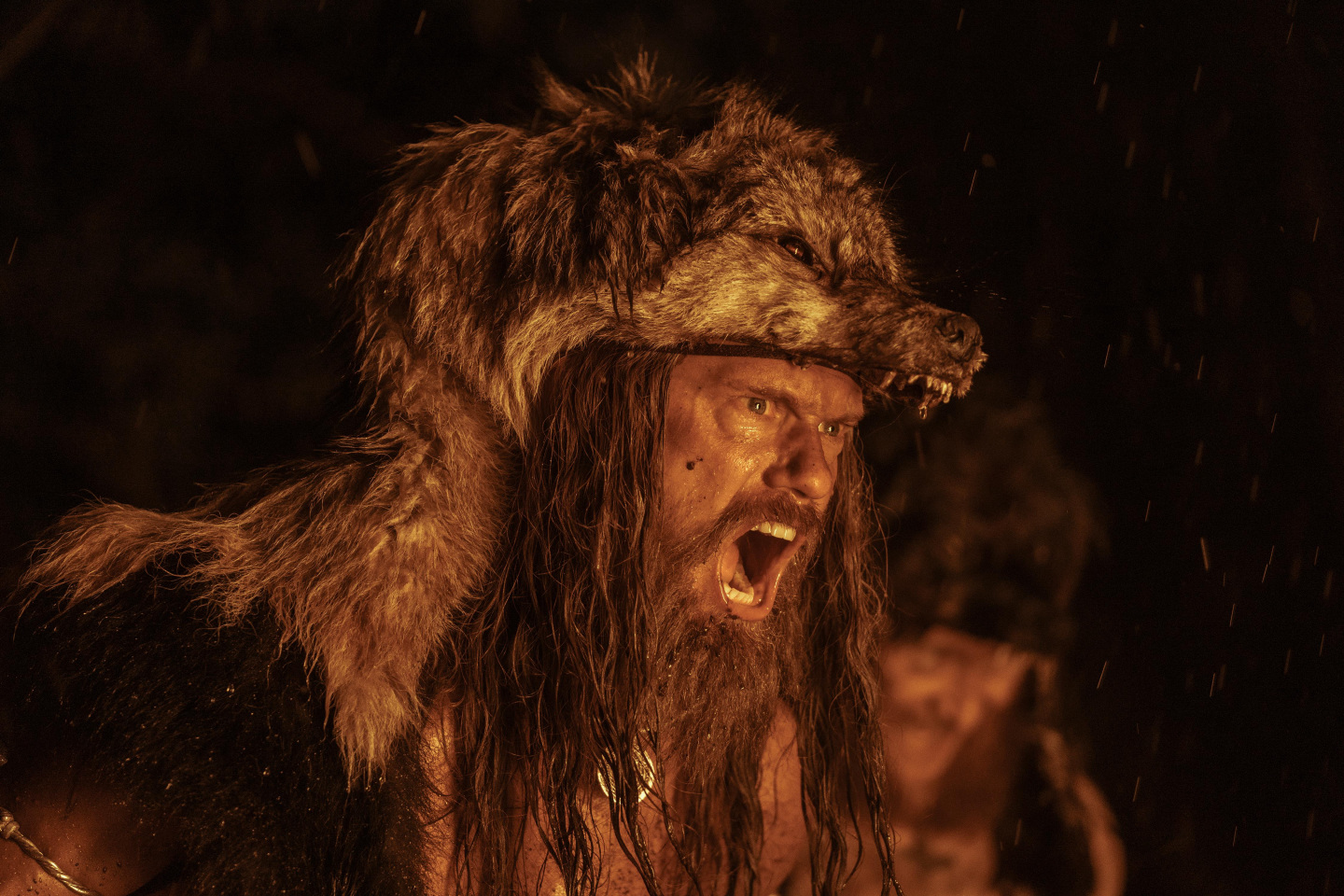
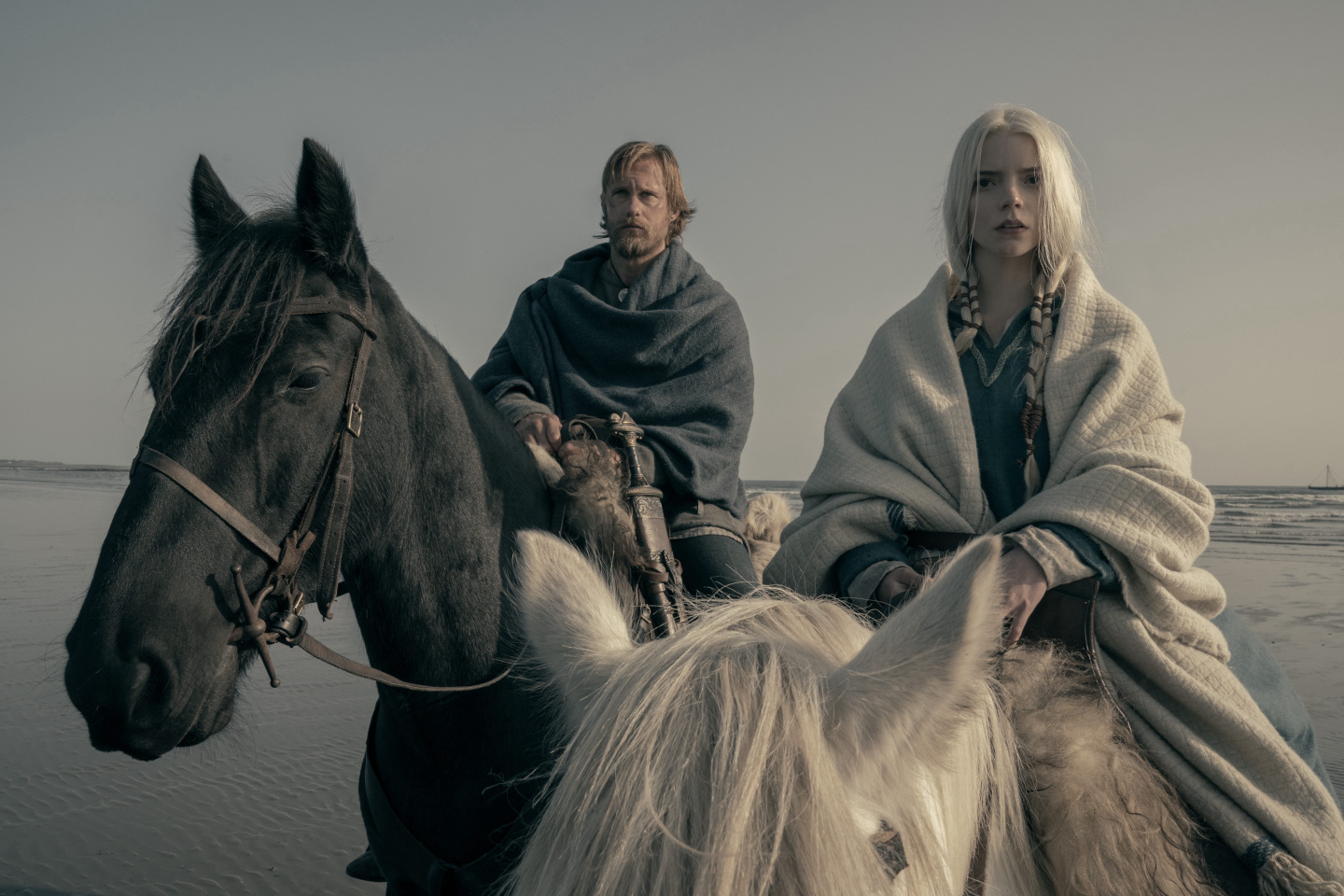
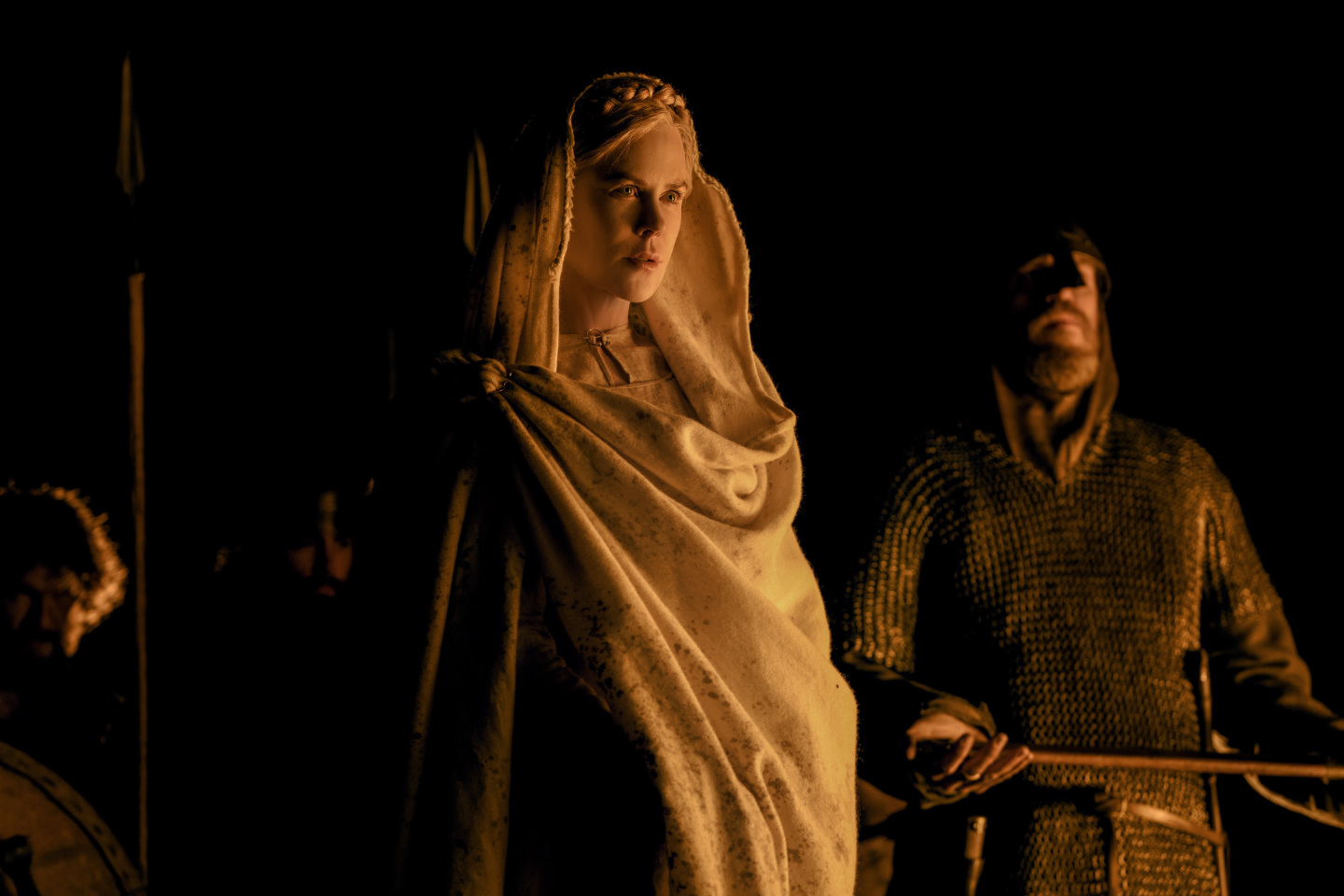
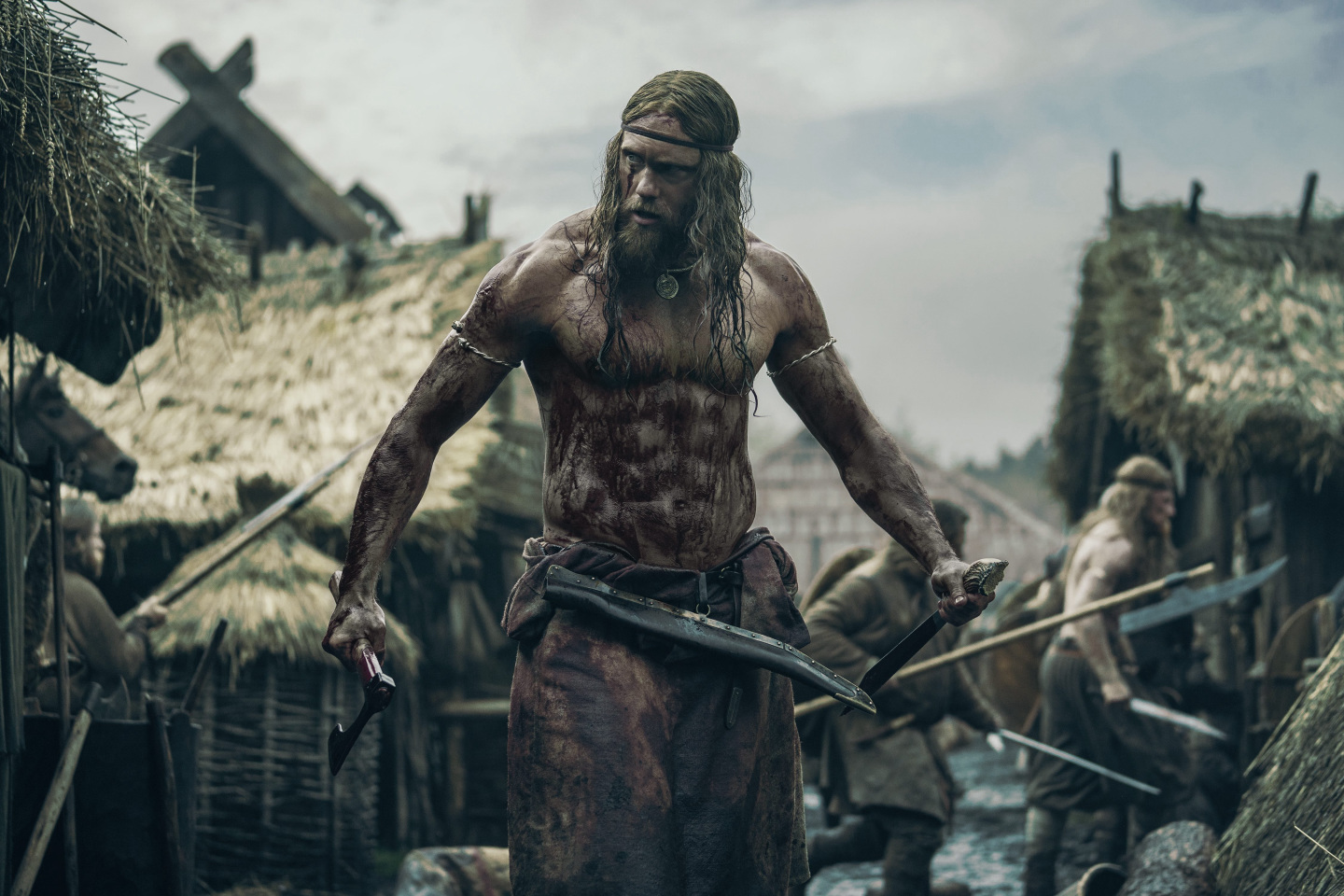
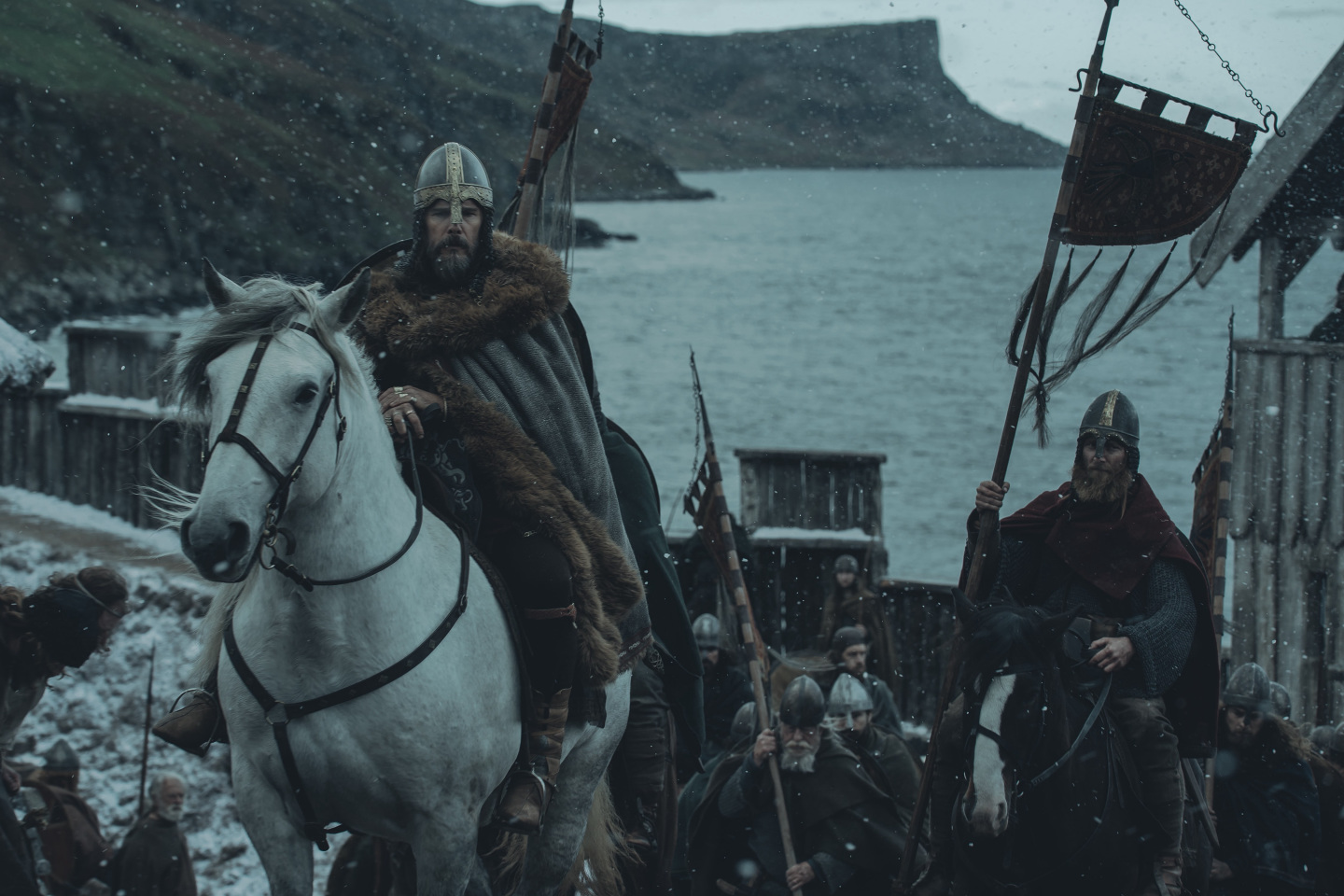
You get the sense that director Robert Eggers, who has repeatedly emphasized how much research he did into Viking culture to co-write the script, might have bought into the conventions of myth a little too fully. In the world of the film, fate rules all, emotions turn on a convenient pin and dying gloriously in battle is a happy ending. It feels simplistic: Eggers doesn’t take us beneath the surface of the world he’s built, like he did in his treatments of Puritan New England in The Witch (2015), and he doesn’t get weird enough to be truly shocking, like in The Lighthouse (2019). A story driven by fate can be deeply psychologically complex—this is the source material for Hamlet after all—but The Northman, for the most part, isn’t. The mythic Prince Amleth was a trickster, Shakespeare’s was a ditherer, but Amleth as played by Skarsgard is a laconic warrior, hard of ab and long of sword but short on anything approaching self-doubt.
Which isn’t to say there aren’t great moments. Some of the battle sequences—like when Amleth fights a mound-king’s corpse for control of a mythical blade—are bewitching. Kidman is remarkable in her royal role. And the film’s emphasis on the smallness of the kingdoms the characters are fighting over is a welcome change from historical dramas that use massive scale to try and conjure up false stakes. But ultimately, the thin character work makes it hard to truly care about anything onscreen. Sure, I was on the edge of my seat—but that only made it easier to get up and walk away.



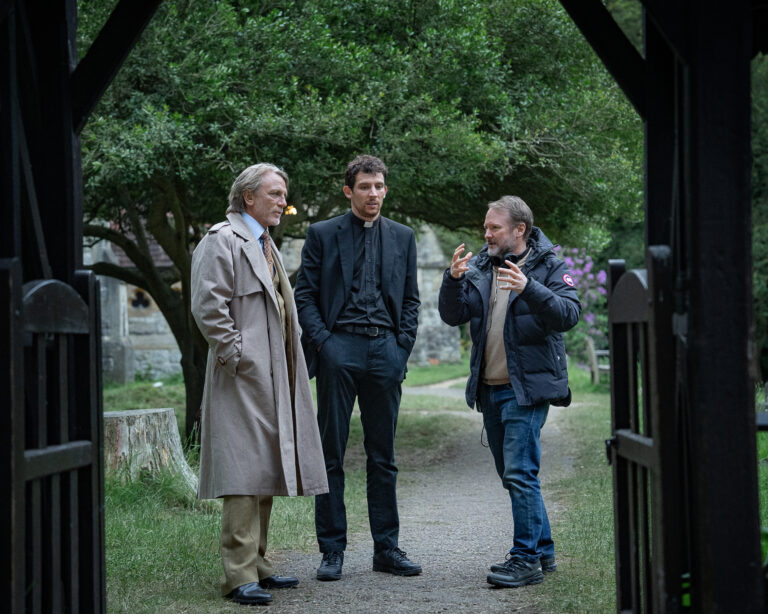


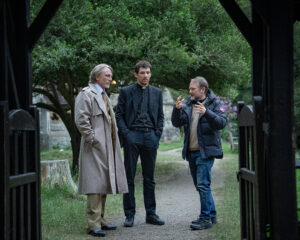



 in your life?
in your life?

